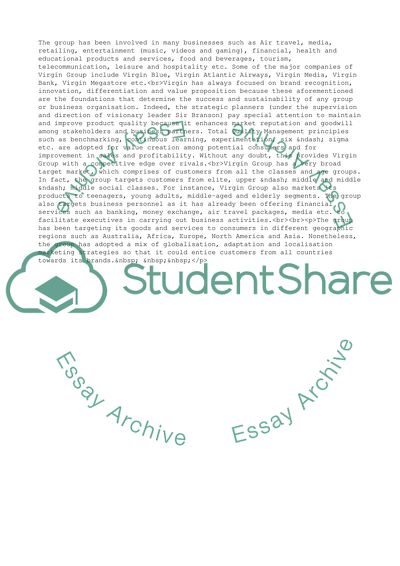Cite this document
(When Brand Power Threatens Brand Extension Case Study, n.d.)
When Brand Power Threatens Brand Extension Case Study. Retrieved from https://studentshare.org/management/1744430-virgin
When Brand Power Threatens Brand Extension Case Study. Retrieved from https://studentshare.org/management/1744430-virgin
(When Brand Power Threatens Brand Extension Case Study)
When Brand Power Threatens Brand Extension Case Study. https://studentshare.org/management/1744430-virgin.
When Brand Power Threatens Brand Extension Case Study. https://studentshare.org/management/1744430-virgin.
“When Brand Power Threatens Brand Extension Case Study”, n.d. https://studentshare.org/management/1744430-virgin.


